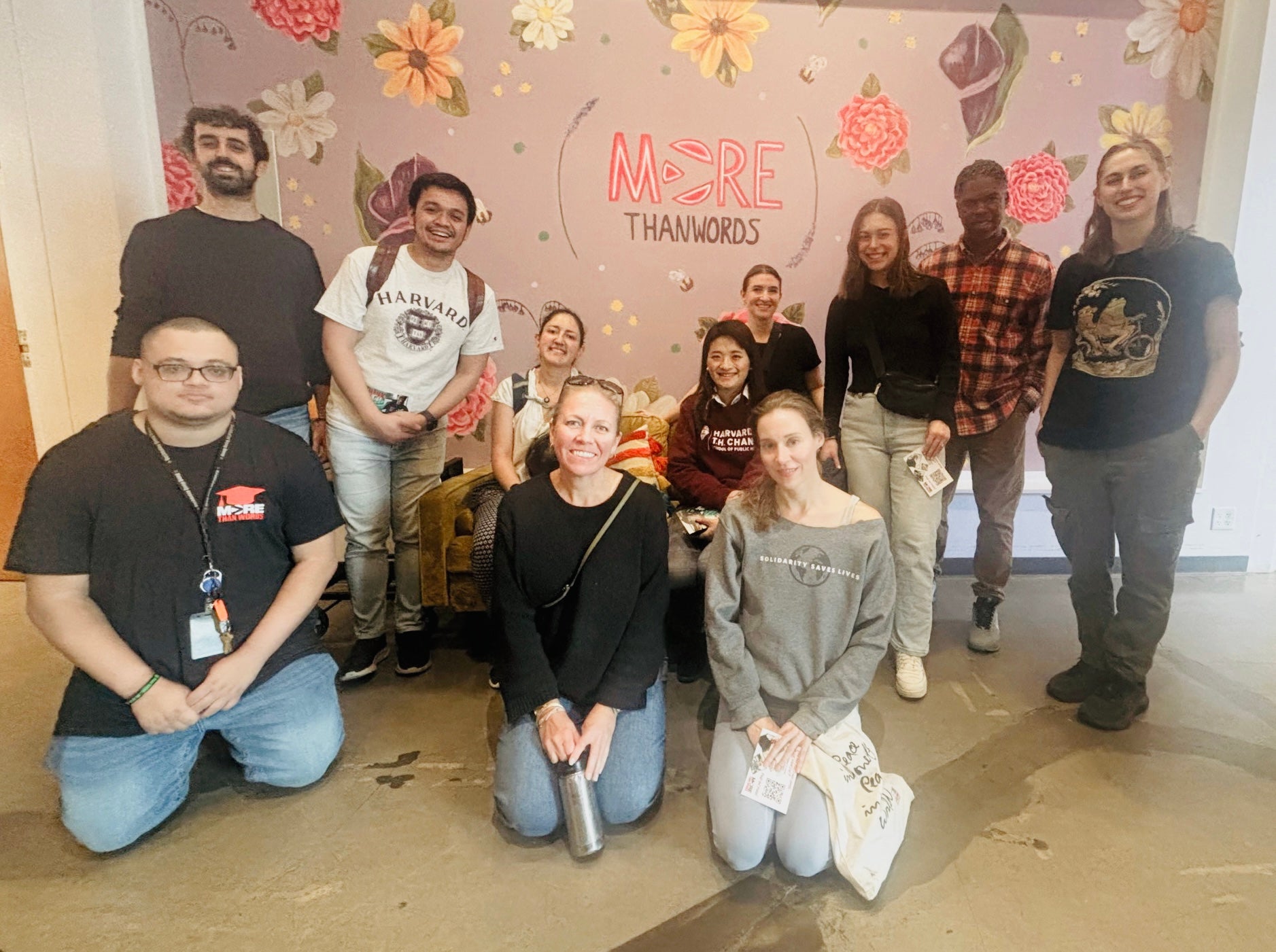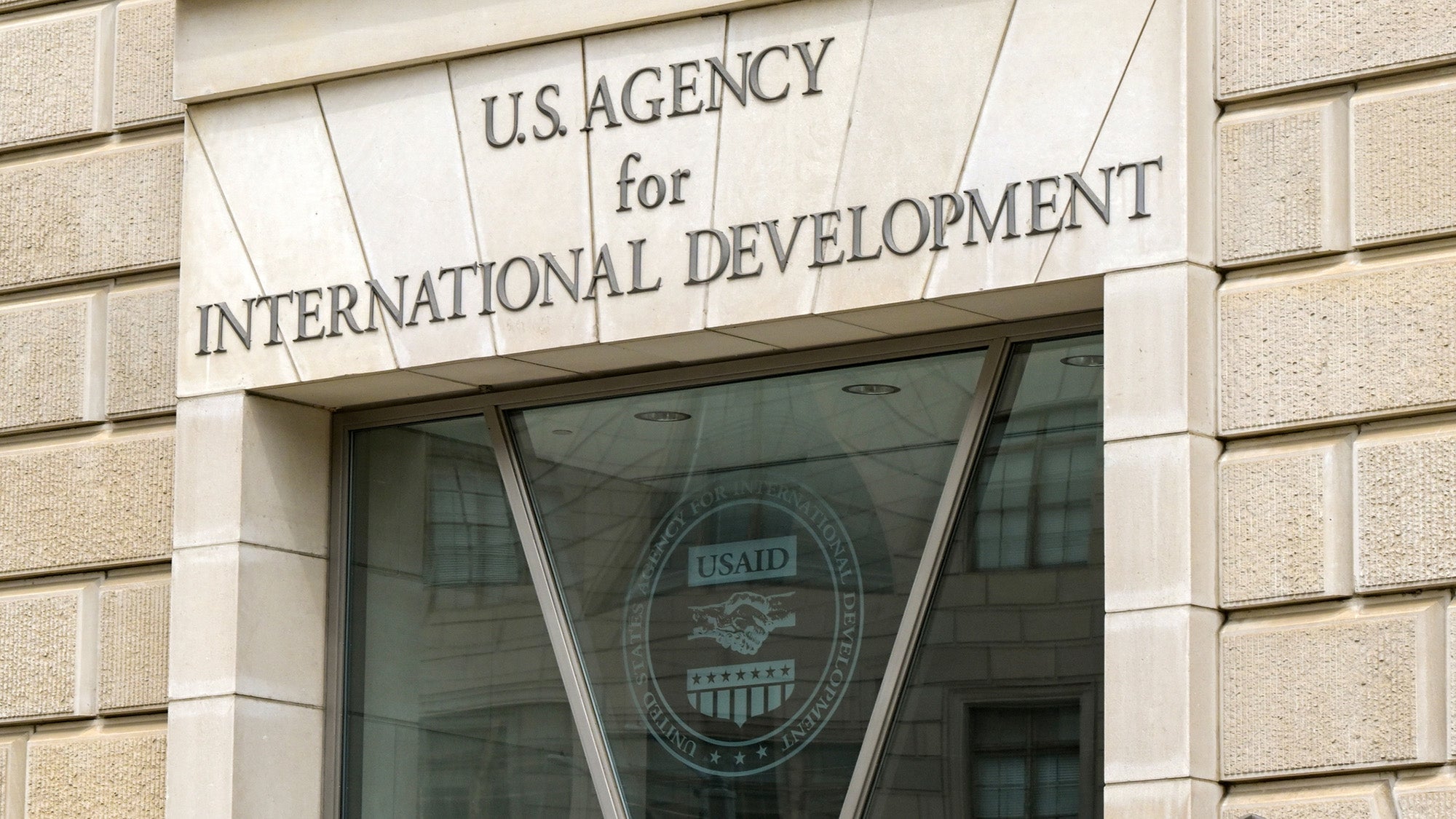School welcomes new faculty
November 8, 2019—Harvard T.H. Chan School of Public Health welcomed 10 new faculty members this year. Read about them below.

Andrew Beam, is assistant professor of epidemiology in the Department of Epidemiology, with secondary appointments in the Department of Biomedical Informatics at Harvard Medical School and the Department of Newborn Medicine at Brigham and Women’s Hospital. His research develops and applies machine-learning methods to extract meaningful insights from clinical and biological datasets. He is the recipient of a Pioneer Award from the Robert Wood Johnson Foundation for his work on medical artificial intelligence. Read Q&A
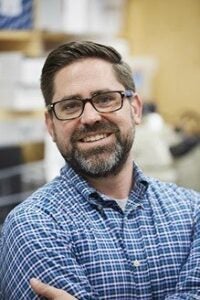
Douglas Brownfield is Mark and Catherine Winkler Assistant Professor of Cell and Developmental Biology in the Department of Environmental Health. His lab aims to reverse-engineer developmental processes for the rational synthesis of tissues and organs. The long-term goal is to understand how tissues are constructed during development, maintained in adulthood, and disrupted in disease. Brownfield has received the National Institutes of Health Pathway to Independence Award.

Kyu Ha Lee is assistant professor of integrative genomic epidemiology in the Department of Nutrition. His research focuses on developing statistical methodologies for the analysis of various types of biomedical data. He has developed a hierarchical modeling framework for analyzing semi-competing risks data from large, administrative health databases in the context of end-of-life care quality. For his research on this topic, he received the David P. Byar Young Investigator Award from the American Statistical Association: Biometrics Section.

Shruthi Mahalingaiah is assistant professor of environmental reproductive and women’s health in the Department of Environmental Health. She seeks to understand the association of environmental and modifiable risk factors on human reproduction as they pertain to the etiology and prevention of gynecological disease. Through physiology-informed research, she focuses on identifying environmental exposures associated with the development of polycystic ovary syndrome and metabolic sequelae. She is on the research team for the School’s collaborative women’s health study with the National Institutes of Health and Apple.

Carmen Messerlian is assistant professor of environmental reproductive, perinatal and pediatric epidemiology in the Department of Environmental Health, with a secondary appointment in the Department of Epidemiology. Her research applies innovative epidemiological methods to generate evidence-based knowledge of the effects of preconception and prenatal exposure to environmental chemicals on fertility, pregnancy and birth outcomes, and child health. She is on the research team of the Environment and Reproductive Health (EARTH) Study. Messerlian has received an outstanding academic faculty teaching award from the Occupational and Environmental Medicine Residency Program in the Department of Environmental Health.
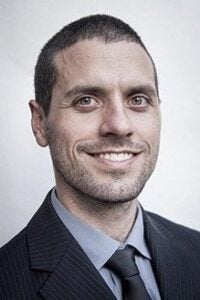
Michael Mina is assistant professor of epidemiology. He holds appointments in the Departments of Epidemiology and Immunology and Infectious Diseases, and in the Center for Communicable Disease Dynamics. He also is an associate medical director of clinical microbiology in the Department of Pathology at Brigham and Women’s Hospital and Harvard Medical School, where he oversees molecular virology diagnostics. His research has uncovered evidence that contracting measles appears to increase a child’s risk for all other infections over time. He recently received an NIH Director’s Early Independence Award. Read Q&A
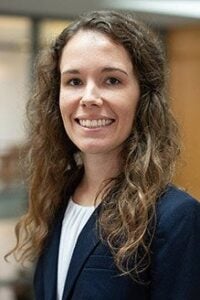
Rachel Nethery is assistant professor of biostatistics in the Department of Biostatistics. She focuses on the development of statistical methods at the intersection of causal inference and machine learning to estimate the effects of environmental exposures on health. Her research on cancer clusters used a statistical model to predict small-area cancer incidence across much of the U.S., and to evaluate the strength of evidence that an environmental hazard was the cause of a community’s increased cancer incidence.
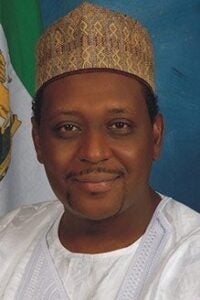
Muhammad Ali Pate, Julio Frenk Professor of the Practice of Public Health Leadership in the Department of Global Health and Population, formerly served as minister of state for health for the Federal Republic of Nigeria. He has dedicated his career to strengthening public health systems and building innovative partnerships to combat preventable causes of mortality. In his contributions to the World Economic Forum and the World Bank Group, he has worked with some of the countries most affected by HIV/AIDS, tuberculosis, and malaria, and has led programs that resulted in significant changes to health care systems and disease control around the world. Pate was a former Richard L. and Ronay Menschel Senior Leadership Fellow at the School.

Shoba Ramanadhan is assistant professor of social and behavioral studies in the Department of Social and Behavioral Studies. She works to address cancer disparities by increasing the use of evidence-based interventions in community organizations serving vulnerable populations. Her research examines the impact of developing an infrastructure for evidence-based practice in community settings, with a focus on building staff capacity and leveraging staff social networks. Ramanadhan also conducts work in the area of community-clinical partnerships, including intervention design to increase human papillomavirus (HPV) vaccination. Read Q&A

Briana Stephenson is assistant professor of biostatistics in the Department of Biostatistics. She has created statistical models that have been used to derive dietary patterns of pregnant mothers in the United States and determine their association with congenital birth defects. She has also analyzed the role of dietary consumption patterns in cardio-metabolic disease outcomes of migrant Latino populations in the U.S. and has worked on a statistical analysis of clinical studies of cancer-treatment drugs.
